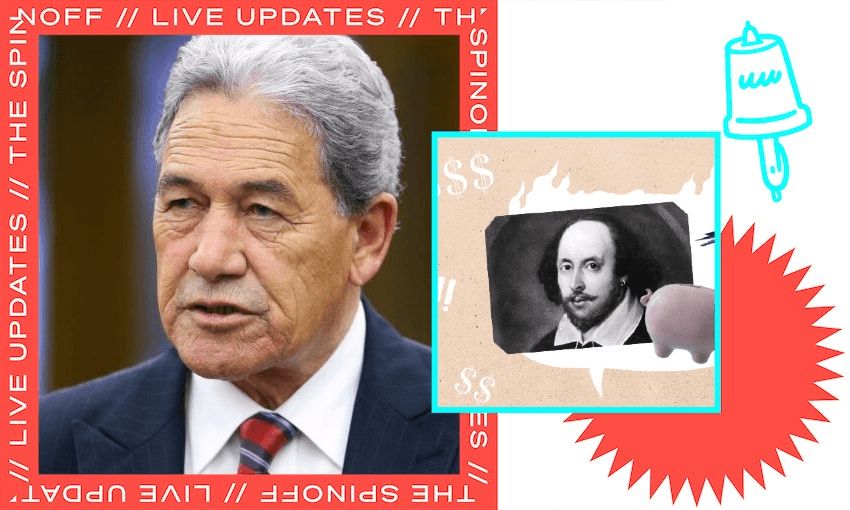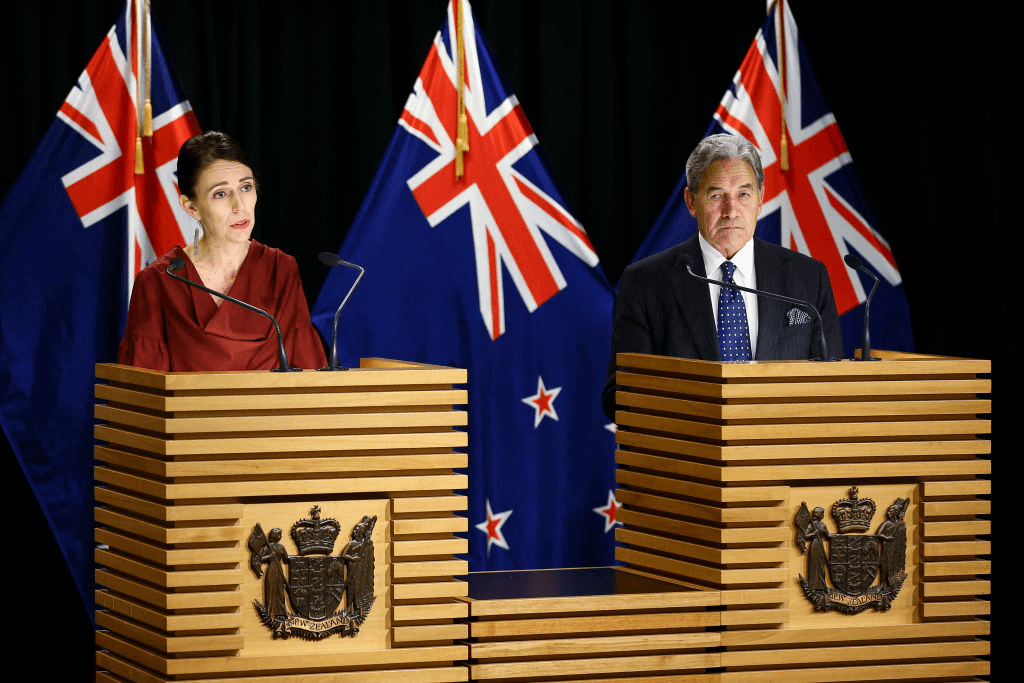There have been a lot of headlines on Shakespeare’s ‘cancellation’. But is that the case? Sam Brooks writes:
During an interview with Today FM’s Tova O’Brien this morning, Dawn Sanders, the current CEO of the Shakespeare’s Globe Centre New Zealand, confirmed that the organisation had not received funding from Creative New Zealand that would have gone towards an executive assistant and a succession plan.
“I wanted succession planning, I wanted a proper EA so I don’t have to work the insane number of hours, 65 or more, a week that I do,” she said. “Sharing that workload was part of the whole application as well.”
Sanders also mentioned that she’s had offers of support from all around the world, who were “outraged” at the funding cut.
The organisation, which has run the popular Sheilah Winn Competition for 31 years, has been in the headlines for a few weeks after not receiving $31,000 in funding from Creative New Zealand. That funding makes up just over 10% of their annual $300,000 budget, and the organisation is not reliant on funding from the agency to operate. Sanders also confirmed that the amount asked for was $110,000 over three years, which is how the Toi Te Uru Kahikatea funding stream is allocated. CNZ currently funds 58 arts organisations through the fund.
Over the weekend, more articles were posted, with the news reaching the Guardian and the Telegraph, with people arguing for and against Shakespeare and the funding of the organisation. Broadly speaking, the gist was that Creative New Zealand was “cancelling” Shakespeare by not funding the Shakespeare Globe Centre New Zealand, with reporting glossing over or not taking into account the fact that the festival would still go ahead without that funding.
One of the reasons given by an assessor in feedback, which created particular outrage, was that Shakespeare was “located within a canon of imperialism”. It’s worth noting that this piece of feedback was excerpted from an open letter calling for an inquiry into Creative New Zealand, and does not reflect the entirety of the feedback the Centre received on their application, nor does it form the sole basis of the council’s decision.
In a later interview with O’Brien, Creative New Zealand CEO Stephen Wainwright noted that it was less about the proposal itself and “more about other proposals that were deemed more attractive”. In that funding round, four organisations were let go from the funding stream, including the Globe Centre and Arts on Tour, and four organisations were added (Te Rākau Hua o te Wao Tapu, Te Tairāwhiti Arts Festival, Kia Mau Festival and Toi Ngāpuhi).
“If we weren’t to fund people like Jacob Rajan, then that’s not going to happen anywhere else in the world,” he went onto say. “We’ve got a Royal Shakespeare company, we’ve got thousands of hours of Shakespeare available online.” He indicated that there were other avenues for the Centre to get funding from CNZ. In the interim, the SGCNZ have started a Give a Little page to raise funds.









